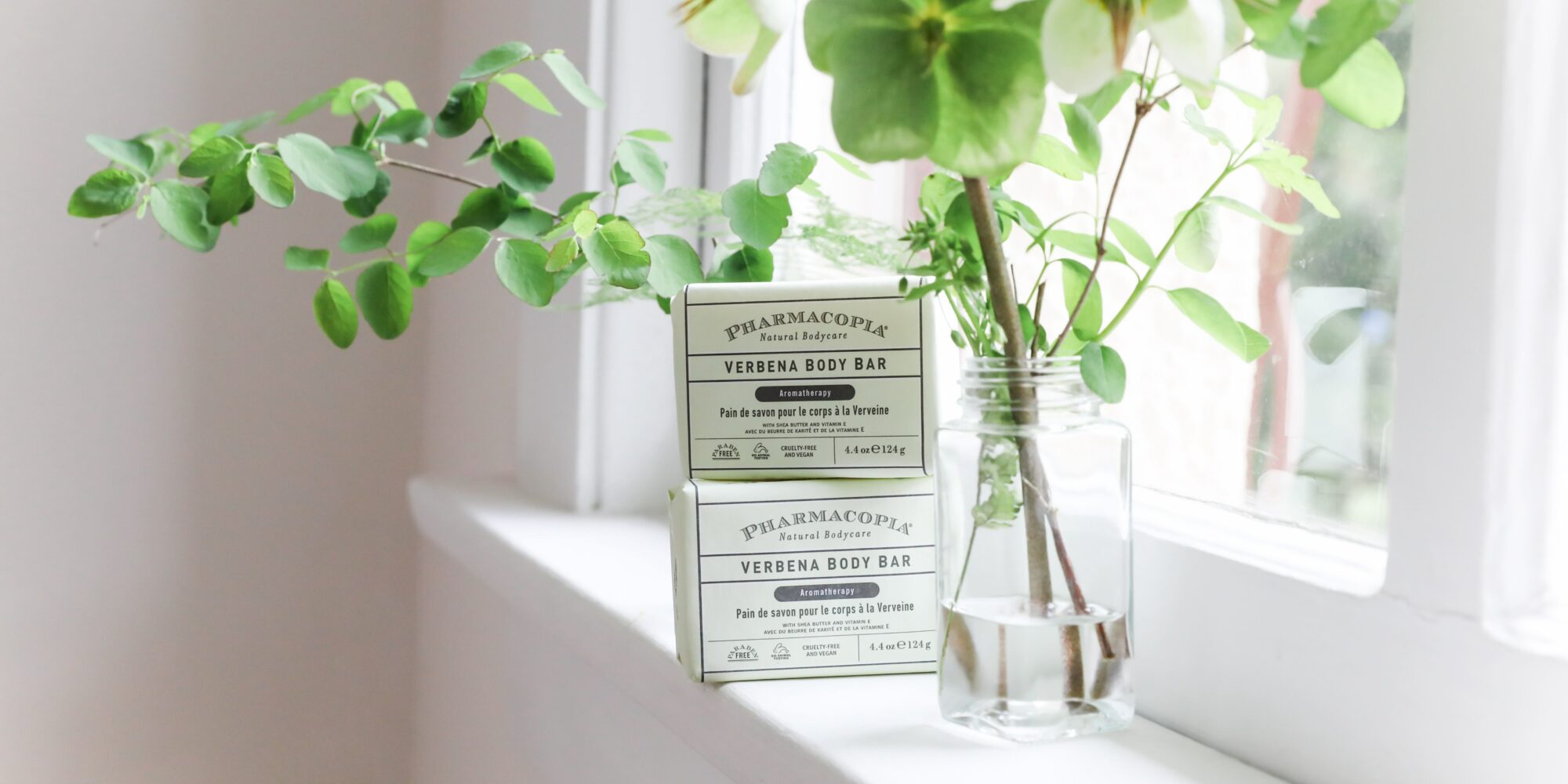
How Pharmacopia Found A Lifeline In Hotel Amenities
A brand doesn’t stay in business for a quarter century without having some twists and turns—and Pharmacopia has certainly had its fair share. Created in 1998 by graphic designer Lisa Levin, former creative director at L2 Creative and catalogue director at The Republic of Tea, with modern apothecary design and clean formulations, the brand initially pursued a natural grocer and gift store distribution strategy befitting its aesthetics and formulas. It soon discovered that shelves at big stores aren’t always friendly to small brands.
Amid economic turmoil during the Great Recession in 2008, Pharmacopia was thrown a lifeline by Hunter Amenities, a hotel amenities company drawn to the brand’s natural products and distinctive look. Today, in partnership with Hunter, Pharmacopia’s hotel presence stretches across 50 countries and 150,000 rooms at properties such as Hyatt Regency and Best Western.
Driven by demand from its hotel offering, Pharmacopia has built a profitable e-commerce business on Amazon and its own website. E-commerce now comprises the majority of Pharmacopia’s revenue, and the brand has been growing at a high double-digit percentage for the last few years.
Pharmacopia’s next goal is to return to retail shelves. It believes it can succeed where it once encountered obstacles by heeding lessons from its previous experience, including the need for focus. “We believe the time is right to move back into brick and mortar retail,” says Levin. “Pharmacopia has the potential to be an omnichannel brand like L’Occitane or Aesop.”
Beauty Independent spoke with Levin and Andreliz McGlade, CEO and founding partner at Pharmacopia, about the brand’s hotel amenity formulas versus its formulas for retail, Pharmacopia’s better-for-you positioning, up-and-down past and vision for the future.
What was the idea behind the brand and its distribution when you started it?
Levin: When I first launched the brand 20-plus years ago, there really wasn’t a lot out there that was like Pharmacopia. There were health food store brands that you would never give as a gift, and fancy French brands selling in the gift channel, but they were filled with terrible ingredients. I wanted Pharmacopia to be at the intersection of gift, wellness and style.
About the time that Andreliz joined me, we were selling in the natural products channel directly to Whole Foods and others. We did a stint at UNFI around 2006/2007 that didn’t work out well for us. It was just too expensive for a small brand like us.
I was burned out. I’d been working on the business for 10 years on my own. We were self-funded–-I put a lot of my own money in and had gotten friends and family loans. With Andreliz, put a plan in place to grow. The idea was that Andreliz and I would go to investors and grow the brand.
How big was the brand at that time?
Levin: Dollars-wise a few hundred thousand, but in notable stores: Indigo Books in Canada, and Beauty Brands across the Midwest, Wegmans and Whole Foods. We went to Investors’ Circle and different angel groups. This was around 2007. We had the former CEO of Macy’s promoting us at investors’ groups. We had the founder of Aveeno products, who was also a big fan of ours, who wanted to invest.
Then, 2008 happened and the financial markets fell apart, and everybody backed out. That was an inflection point for us where we either were going to go out of business or we had to figure out something.
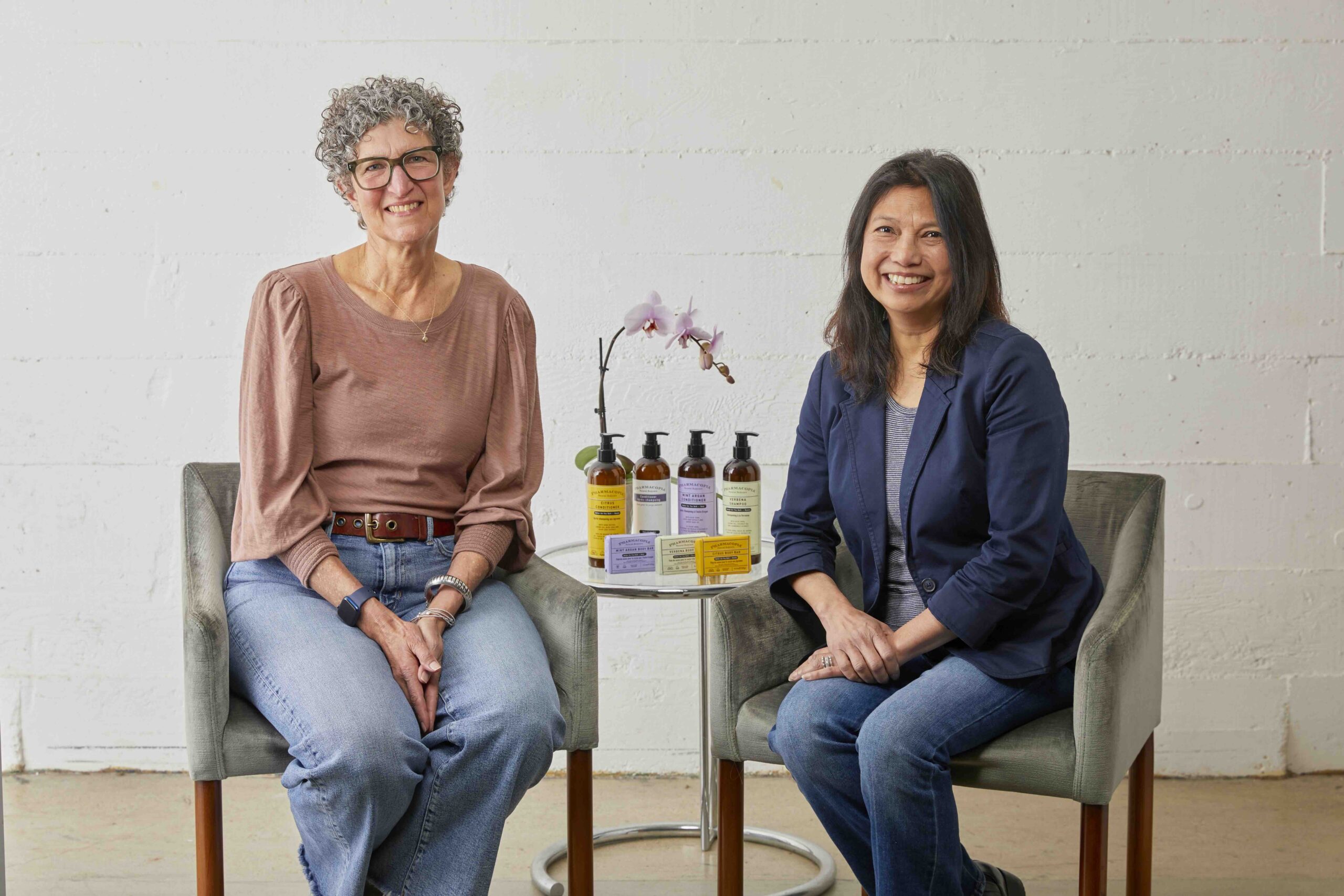
What did you do?
Levin: John [Hunter] at Hunter Amenities saw our brand and fell in love with the packaging. He was looking for a natural brand as a hotel amenity, pretty forward-thinking on his part. We licensed the brand to them exclusively for hospitality. So, in the beginning of 2009, we pivoted to become a hotel line. I had a child, and Andreliz had two children. It seemed like a good time for us to reset.
When we first started with John, he thought that maybe we’d get to $500,000 in sales. I think even he is surprised that we’re their biggest hotel amenity brand now
So, what became Pharmacopia’s revenue source?
Levin: We were still selling to wholesale accounts. We shut down our warehouse. We shipped everything to Hunter and began receiving royalties of between 3% and 20% depending on the situation.
In 2019, we relaunched DTC e-commerce because hotel amenities were building so much demand. With around 500,000 people a day touching the products, we were getting a lot of queries online about where to buy the products. We launched Amazon right before the pandemic, and in 2020 we launched our own branded site. We were able to fund our e-commerce business with our royalties.
How did you translate Pharmacopia for hotel amenities?
Levin: Levin: We worked with Hunter’s creative team. They license our brand, but we have the final say on everything from formulas to packaging. I’m still the creative director of the brand.
We knew that they weren’t going to degrade the brand image because of the our agreement with them. Because our ingredients are vegan, cruelty-free and paraben-free, they agreed that that’s how they would continue to produce them.
A lot of people think that formulas are watered down in hotels.
Levin: The formulas are different. Hotel amenities sell for at a very low price point with narrow profit margins. So, the hotel amenities require substantial volumes to be sufficiently profitable. Our [hotel] formulas are still clean, made with non-toxic ingredients and natural fragrances.
Our retail products in our 16-oz. bottles are a different formula from what the amenity products are because we want to sell the best possible product. It does cause a little confusion sometimes with hotel guests.
How do you deal with that challenge?
Levin: We are upfront about it. We try to be transparent about everything. Our website describes the differences between the two formulas. In our marketing we talk about and explain what’s different.
The hotel products have sodium laureth sulfate in them, and our retail products are sulfate-free. We use essential oils in our retail products, whereas the hotel products use natural fragrances.
There are ways in which costs are cut. The hotel products still feel really good, and people really love them, but we wanted to sell retail products that had higher quality ingredients like organic shea butter and organic coconut oil, which were cost prohibitive in the amenities products.
Why did you get back into e-commerce with Amazon first?
Levin: In our previous life as a brick-and-mortar wholesale brand, we knew the challenges of how hard it is to build a wholesale business. We thought this is the way to do it right now. We have customers wanting our products, we can get our products to them directly through Amazon. We have focused on e-commerce and are not yet focused on brick-and-mortar.
We’re starting to consider finding a good retail partner. Previously, we spread ourselves too thin. I think this is a problem that a lot of startups have. You’re chasing all of these shiny opportunities.
I went on QVC twice and that was a mistake. We were just too early. We sold 4,000 units when on the air, but then we had 6,000 units returned to us. We tried a lot of things. In our more recent experience, we decided to be more focused. We’re going to do e-commerce and do it well. Then, we’re going to add distributions through brick-and-mortar retailers.
How did the pandemic affect your hotel amenity business?
Levin: Our hotel revenue is somewhere north of $10 million annually—to Hunter, not to us—but we get royalties on that. Our royalties and hotel revenue decreased by 90% during the pandemic because no one was traveling. We put more resources into our Amazon site and launched our Shopify site. That saved us. It’s one of the many times that we’ve had to pivot.
During the pandemic, Amazon, considered us an “essential” brand, which resulted in our being able to send as much inventory to Amazon as we could, unlike many brands that were limited. Hunter is our manufacturer for our retail products as well, and they have large manufacturing capacity. So, we had plenty of inventory. We were really lucky. We had a great 2020 during the pandemic for both our Amazon business and our branded website.
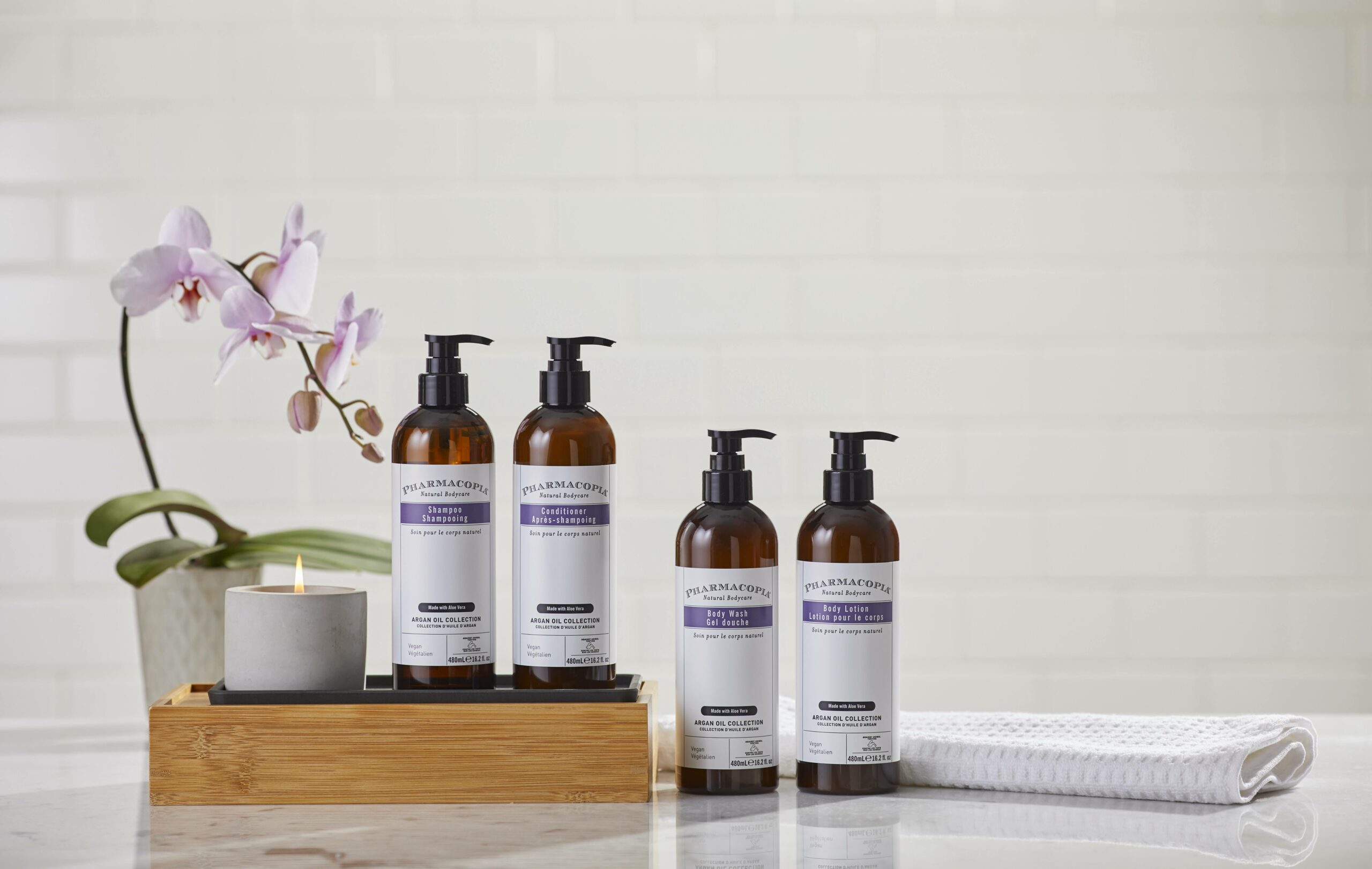
Were you able to recover the amount lost from the hotel royalties drop?
McGlade: Not as much, but we were able to sustain ourselves. People were buying more online during the pandemic, and that greatly benefited us.
One of the other benefits of Hunter is their production capacity. This gives us tremendous ability to scale.
How do you see the different parts of your business evolving going forward?
Levin: We believe brick-and-mortar expansion is now the right thing for us to do. We don’t want to try to be everywhere. We want to try to focus on the right partner. We’re in the beginning stages of that. We would love to be somewhere like Sephora, but we’re not sure if that’s the right partner for us.
Our price points are lower than premium, but more than mass. Our bottles are 16 ounces for $29. We’re working to determine if we should change the size of our bottles to go to an eight ounce so that we can sell it for $15 and be at a Target versus a Sephora.
As it relates to being clean, how do you see your positioning today in the market that’s relevant to what consumers and retail buyers are looking for?
McGlade: One of our the taglines that we copyrighted is, “Better-for-you Bath and Body.” When Lisa first started, you could eat those products, they were so clean. We’re no longer that company. We’ve had to evolve because of business. There’s nothing toxic in the product line. It’s efficacious and it’s better for you.
Levin: When I first started it was like, who’s the most organic? We didn’t want to compete that way. We want to be “better for you” because customers who try our products maybe have never tried a natural/clean product before. They might be buying products at the drugstore and our product might be the first time that they realize the benefits of clean formulas.
Who’s the customer?
Levin: Our customer base is really broad. It is anyone who stays in a hotel. This causes some challenges for our marketing. Our analytics show us that they are mostly between the ages of 30 to 55.
We used to think it was Whole Food shoppers and yoga moms, but it really isn’t. It’s probably 60%/40% women to men. Men find our products when they stay in hotels and try them. We get so many men writing reviews saying they bought it for their wife so they wouldn’t have to fight about using the products
If I’m a retailer that you want, why should I bring you in?
Levin: We have all these consumers who are trying our products and want to have a retail IRL experience with them.
And what should I bring in?
Levin: Levin: Our bestselling products are from our citrus line—citrus shampoo and lotion. We also have a lip balm that’s 70% organic that people rave about. It’s a big fat tube. It competes with Dr. Hauschka, but at a lower price point.
What kind of partner could help you seize upon growth opportunities?
Levin: Levin: We’re looking for expertise and the capital. We’ve built a really good brand that people love and that’s available widely enough for people to try it, but it’s not available widely enough for them to buy it. How do we get these people who’ve seen us in a hotel, and who’ve tried our product and like it to convert? There’s a lot of potential for people to buy it.
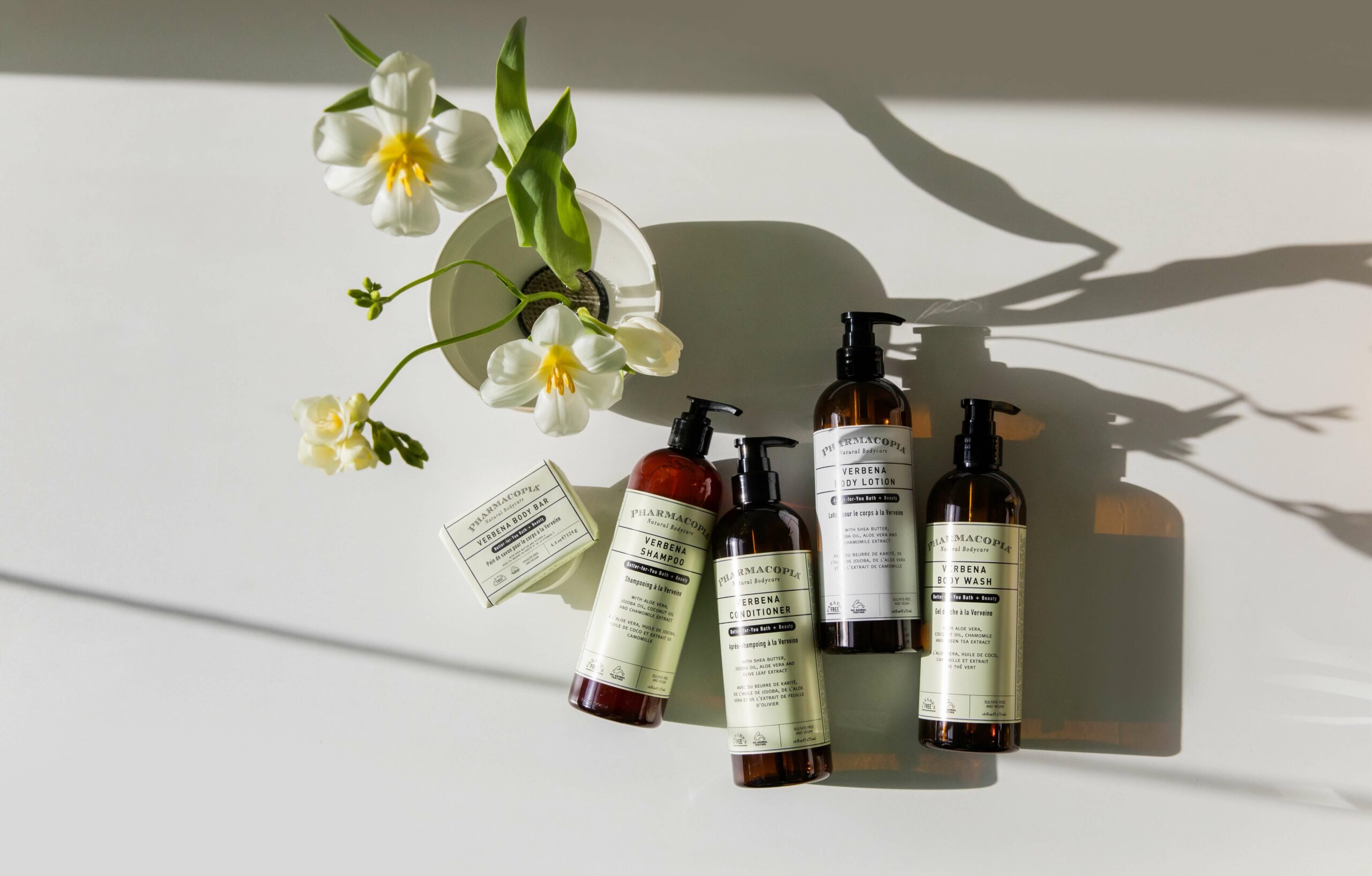
You’ve had an acquisition offer that you turned down, right?
Levin: We were in talks with Amyris about three years ago. We thought it was a good fit with their portfolio of brands, and they didn’t have a gender-neutral body care brand quite like us. We thought their brands were really beautiful. We’re really impressed with how they built Biossance and Pipette.
Unfortunately, when we were in the contract stage, we saw red flags and pulled out. Their idea of what they wanted kept changing. Even though we were really far along the path, we feel lucky that we decided to not do it.
What have you been doing on Google and Meta?
McGlade: For Meta ads, we’ve been through four or five agencies. It’s been tough. We finally found our person who’s been great. In the last two months, we are now at 1.5X ROI. Before, we were in the negative.
Levin: We’ve wasted money on things that didn’t work, but we finally found a freelancer for Google ads who just really knows what he’s doing. He tests and is always on top of it, iterating, iterating. A lot of people will tell you they know what they’re doing, and this is their expertise, and it really isn’t. Our Google ads are about 4X ROI.
How has the hotel amenity business changed?
McGlade: In 2022, to reduce plastic waste, hotels stopped using single-use bottles and began using a larger format bottle. That was a huge transition. Hyatt has hotels around the world. They had to flip from doing single-use products to putting these huge bottles in their hotel showers, and they have had to train their people.
As far as our business goes, switching from the smaller amenities to the bigger bottles has cut into the our royalties revenue. There’s less revenue with the bigger bottles, but we now have more hotels.
How much revenue do you do now, and how can you grow it with products?
McGlade: This year, we’ll be under $3 million. Next year, with the right retail partner, that could double.
Levin: I see Pharmacopia ultimately as a wellness brand and being able to branch out into a lot of different areas. We have just body and haircare right now. We could expand into facial care, or into supplements. It makes a lot of sense for Pharmacopia to be in healthy living. I think it really depends on what kind of partner we find.
What are some of the biggest lessons you’ve learned along the way?
McGlade: There are so many. One of the things—and this goes back to finding the right Meta or Google agency—is that we’re better at pulling out faster. If something’s not working, we’re less forgiving than we were. We’re a small team and are nimble.
Levin: I’m not an expert in e-commerce, Google advertising or email marketing, but I was the one who managed it for years because we had to wear many hats. Now, we are thankful we have a have a team of 15 highly talented professionals who contribute to digital marketing, Google ads, SEO, etc., and are a big part of the reason for our growth.
This interview has been edited for brevity and clarity. The story was updated on May 1 to reflect changes requested by Levin.

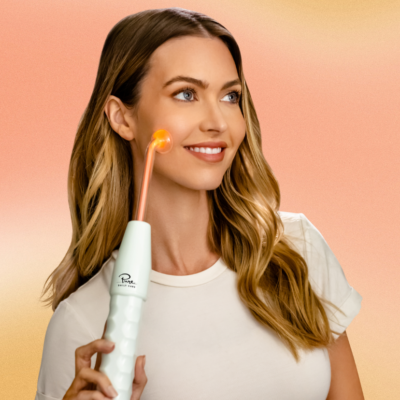
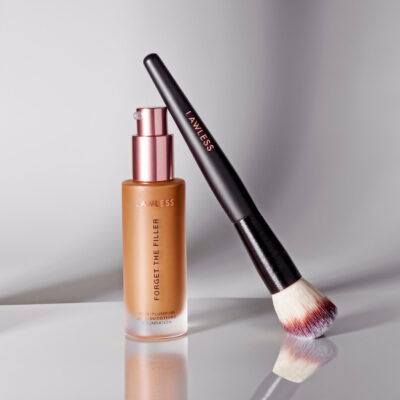
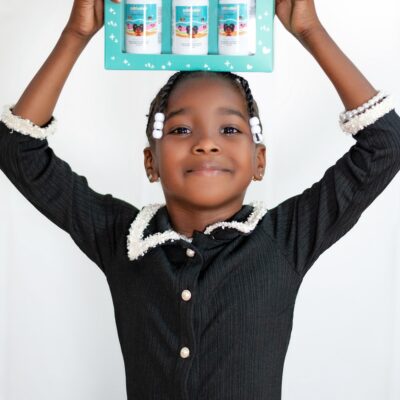

Leave a Reply
You must be logged in to post a comment.